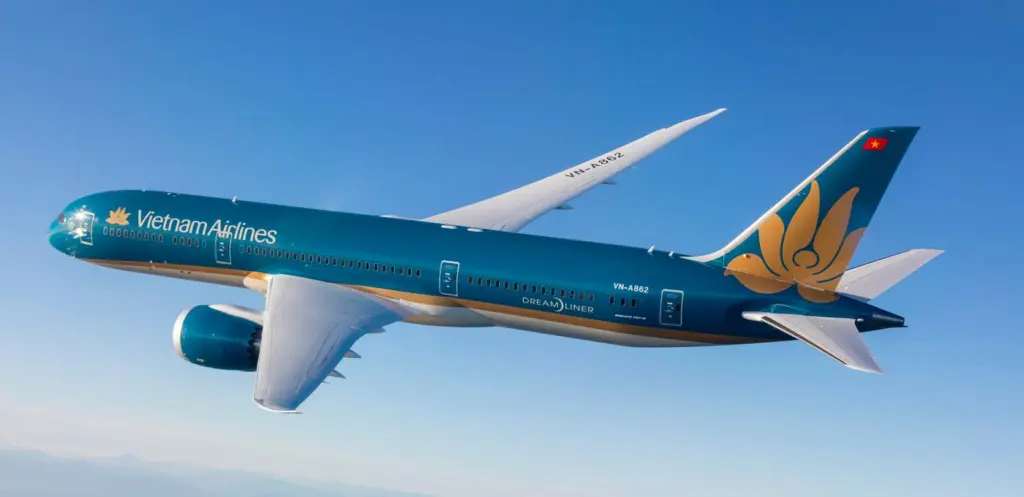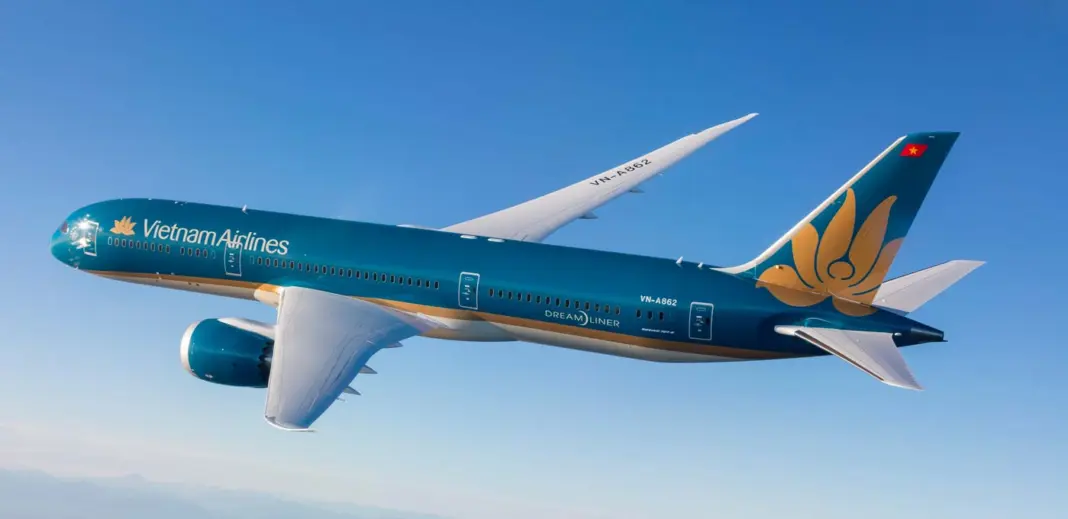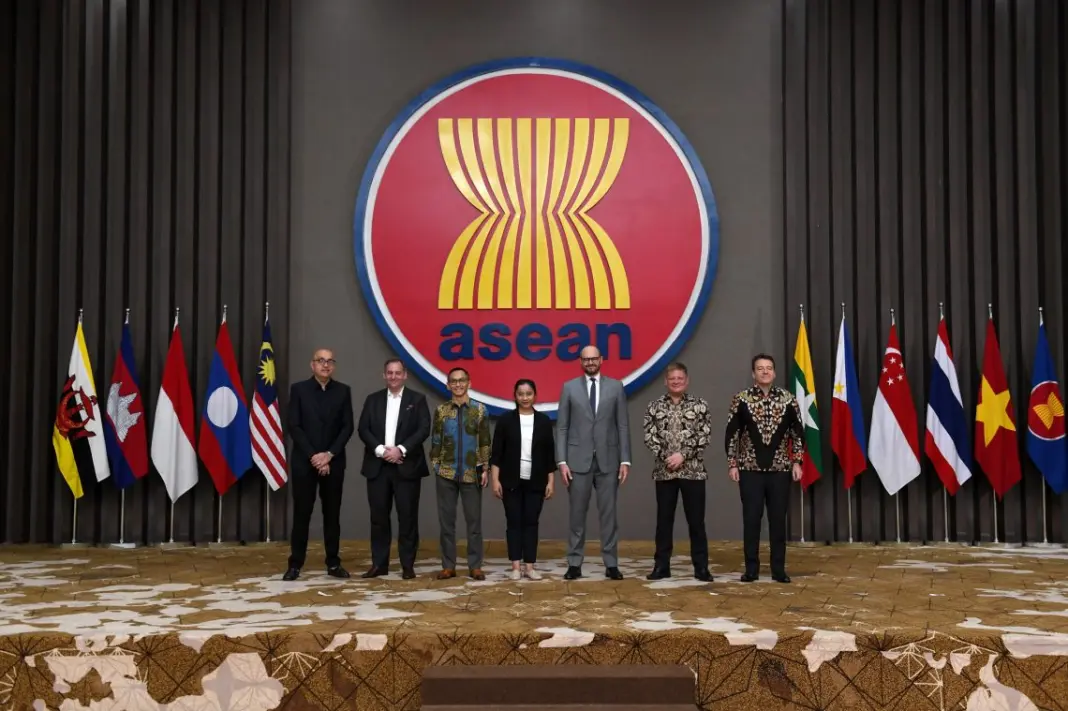Vietnam Airlines’ participation in the initial phase of Corsia, a UN carbon offsetting scheme aimed at reducing aviation emissions, could cost between $13 million and $92 million, based on the Civil Aviation Authority of Vietnam’s (CAA) preliminary estimates. The wide range depends on carbon credit prices, projected at between $6 and $40 per ton of CO₂.

Financial and Logistical Challenges
The significant expense has led CAA to advise that Vietnam Airlines delay its entry into Corsia until January 1, 2026, rather than joining the voluntary period starting in 2024. Such a delay would alleviate financial strain, giving the airline time to prepare for this major expenditure. The Corsia program, introduced by the International Civil Aviation Organization (ICAO), seeks to support airlines in meeting emission reduction targets through offsetting mechanisms and is divided into voluntary and mandatory phases, allowing airlines to gradually transition to compliance while managing associated costs.
Structure and Development of Corsia
Corsia comprises multiple phases: an initial pilot (2021-2023), a voluntary phase (2024-2026), and a mandatory period (2027-2035). Airlines entering the scheme now are preparing for full mandatory compliance, making participation in earlier phases crucial for adapting to future regulatory obligations. Vietnam Airlines’ initial participation would signal Vietnam’s broader commitment to international climate objectives.
Currently, the only available carbon credits eligible under Corsia phase one come from Guyana’s avoided deforestation projects under the Architecture for REDD+ Transactions (ART). However, ICAO is expected to announce new eligible credit standards in November, which may widen available options for airlines and potentially stabilize or lower credit costs.
The National Responsibility and Multi-Ministry Support
Vietnam Airlines’ participation in Corsia holds implications beyond the company itself, as it represents a step toward Vietnam’s integration into international agreements on climate change. CAA has indicated that meeting Corsia’s requirements will require coordination across multiple government bodies, including ministries and agencies connected to civil aviation. This alignment is crucial to ensure effective national support in an effort to meet Corsia’s global aviation climate targets.
Broader Implications for the Aviation Sector
Vietnam Airlines is one of many carriers globally facing pressure to mitigate emissions in line with ICAO’s long-term climate goals. The Corsia scheme is part of broader environmental policies in aviation, with regions like the European Union enacting mandatory sustainable fuel quotas for flights by 2025. These policies encourage airlines to shift toward green practices, placing further financial and logistical demands on the industry.
As the airline sector faces mounting expectations to reduce carbon footprints, Vietnam Airlines’ alignment with Corsia signifies Vietnam’s proactive stance within the global transition to sustainable aviation. However, the associated costs underscore the need for careful financial planning and inter-ministerial collaboration to ensure this alignment supports both the national aviation industry and international climate objectives.







